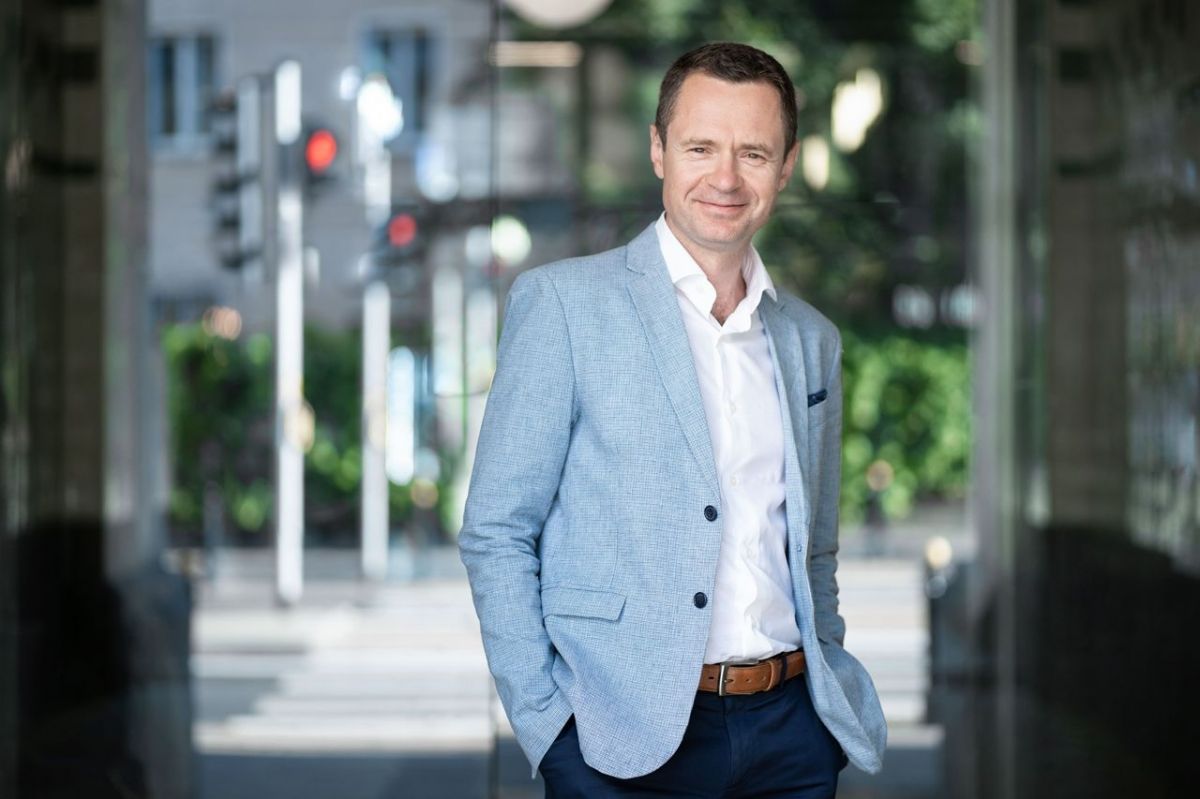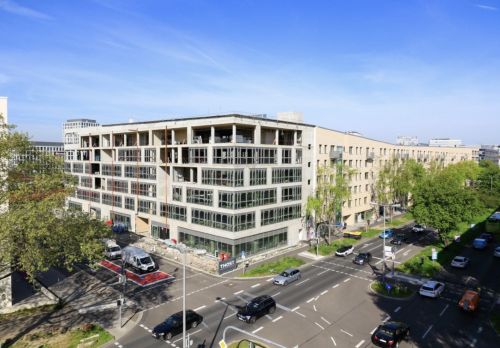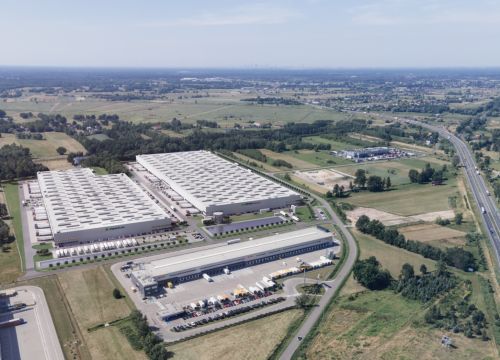The last few months have already borne witness to a number of significant acquisitions of developers. In April, Echo Investment bought Archicom, a company based in Wrocław; while just in the last few weeks, CP Developer has bought Budimex Nieruchomości. Meanwhile, we are awaiting the takeover of Kraków-based Sento by Dom Development, a transaction that was announced in the first half of the year. A list of earlier acquisitions, however, would go on and on, because this is a trend that has already been evident for a few years.
The strength of a local brand
Echo Investment’s acquisition of Archicom is one example of expansion through taking over a local company. And this one has turned out to be rather a tasty morsel, mainly because of the strength of Archicom’s position in Wrocław. “The company has very strong local competencies and a good land bank. Plus Wrocław is a city where Echo has not had a large presence, so there wasn’t so much of an overlap betwe





























































